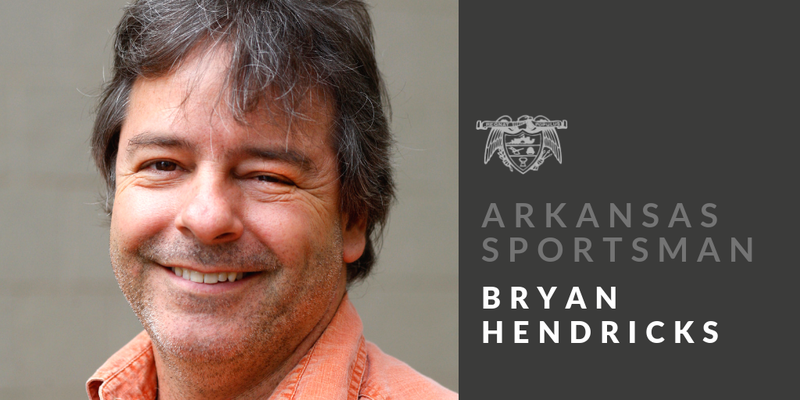James Kroll distilled the chronic wasting disease crisis down to two elements.
"There are only two reasons be concerned about CWD," Kroll said. "Is it deleterious to the deer population? Is it a health hazard for humans? If the answer is yes, then it is a significant disease. If the answer is no, then it is not."
That was Kroll's summary argument in the Chronic Wasting Disease Roundtable Forum held June 25 at the Arkansas Game and Fish Commission's headquarters in Little Rock. Panelists were James Kroll, Warren Bluntzer, Margaret Wild, Mike Samuel, Harry Jacobson and Nicholas Pinizzotto.
Kroll said existing science does not support the strategies with which state wildlife management agencies are managing chronic wasting disease.
"Every agency always puts forward the statement that,'We are science-based,' " Kroll said. "It is distressing to me how little science is actually used. We should stick to what's out there published and peer reviewed."
On this point, Bluntzer, a career wildlife officer for the Texas Department of Wildlife and Parks and founder of Warren Bluntzer Wildlife Consulting Services, agreed with Kroll.
"I couldn't concur more with Dr. Kroll about the sins of putting out something that's not science-based," Bluntzer said. "It's very important to correct a miscommunication from an agency, and we must do it now. We have landowners now that have been impacted with this disease to their land values. We now have areas where there is non-participation [in hunting] because they are not going to risk it. We have to correct inconsistencies before it [a message] goes out, before it hits the public."
For example, the Game and Fish Commission reacted dramatically to news that laboratory experiments seemed to transmit CWD infection to macaque monkeys. That story also took the hunting media by storm.
Kroll said the story lacked context. He described that research as the result of "Frankenstein experiments" that produced results that cannot be reproduced naturally. These included injecting unnaturally dense concentrations of CWD prions into macaque brains.
Samuel, professor emeritus of forest and wildlife ecology at the University of Wisconsin, was a key figure in Wisconsin's initial response to CWD. Kroll was appointed by former Wisconsin Gov. Scott Walker to construct a long-term management strategy. Samuel and Kroll sparred vigorously about the Wisconsin experience, but they agreed on this point. Samuel cited a study by the National Institute of Health that found that CWD is not transmissible in macaques.
On the other hand, Samuel cited a study published in the Journal of Virology which suggests that feral swine can serve as CWD prion reservoirs by consuming CWD-infected deer carcasses.
Kroll criticized that study as another "Frankenstein experiment" in which massive concentrations of CWD-infected material were injected into pig brains, and in which pigs were fed CWD-infected food.
Margaret Wild, a professor at the Washington State University college of veterinary medicine and former chief veterinarian for the National Parks Service, said she believes that prion infectivity could be cumulative. Infectivity might increase in an area as prions accumulate.
"CWD, as far as we know, has never jumped the species barrier in natural exposure," Wild said. "The more prions we have in the environment and the more infected deer we have in environment, the more likely that is to happen."
With no evidence that an inter-species jump is even possible, Kroll said agencies like the AGFC are irresponsible to insinuate that eating venison can be dangerous.
"If I wanted to kill hunting as a recreational enterprise, I would convince hunters and the general public that venison is an unwholesome thing to eat," Kroll said. "I see that happening already."
Kroll also said that some biologists and wildlife managers advocate this theory to a degree that undermines their objectivity.
"There is a big difference between possibility and probability," Kroll said. "Some people are so invested in probability that they would throw a cocktail party if CWD ever showed up in a human."
To wit, Kroll cited the mad cow disease scare in Great Britain in the mid 1990s. Mad cow disease -- or bovine spongiform encephalopathy -- is a CWD variant that affects cattle.
"To date, 178 people in the UK have died from mad cow," Kroll said. "We lost 56,120 young license buyers when CWD hit in Wisconsin. Those people are now playing golf, and they're never coming back to this sport. We have enough problem recruiting hunters without scaring the living daylights out of them."

